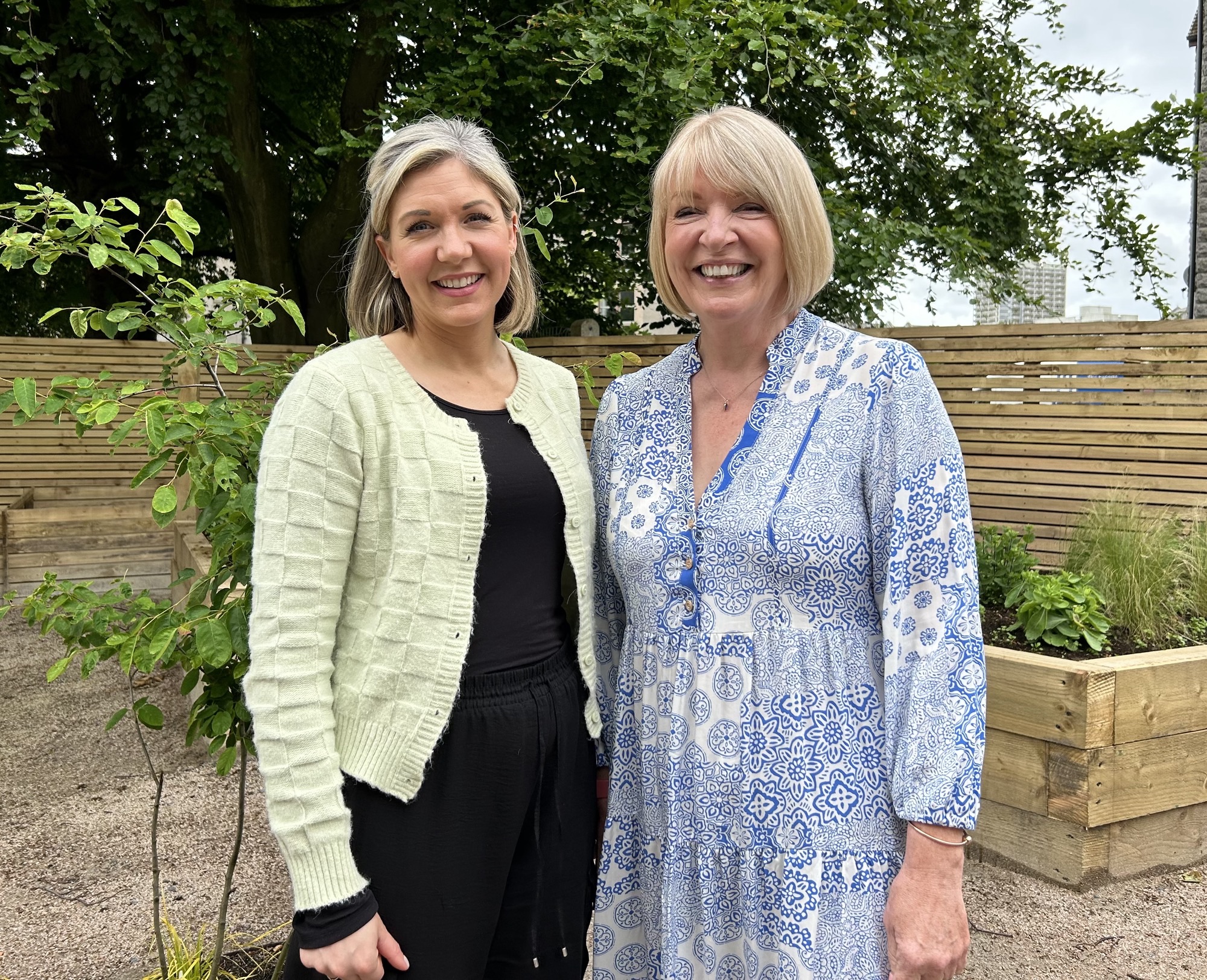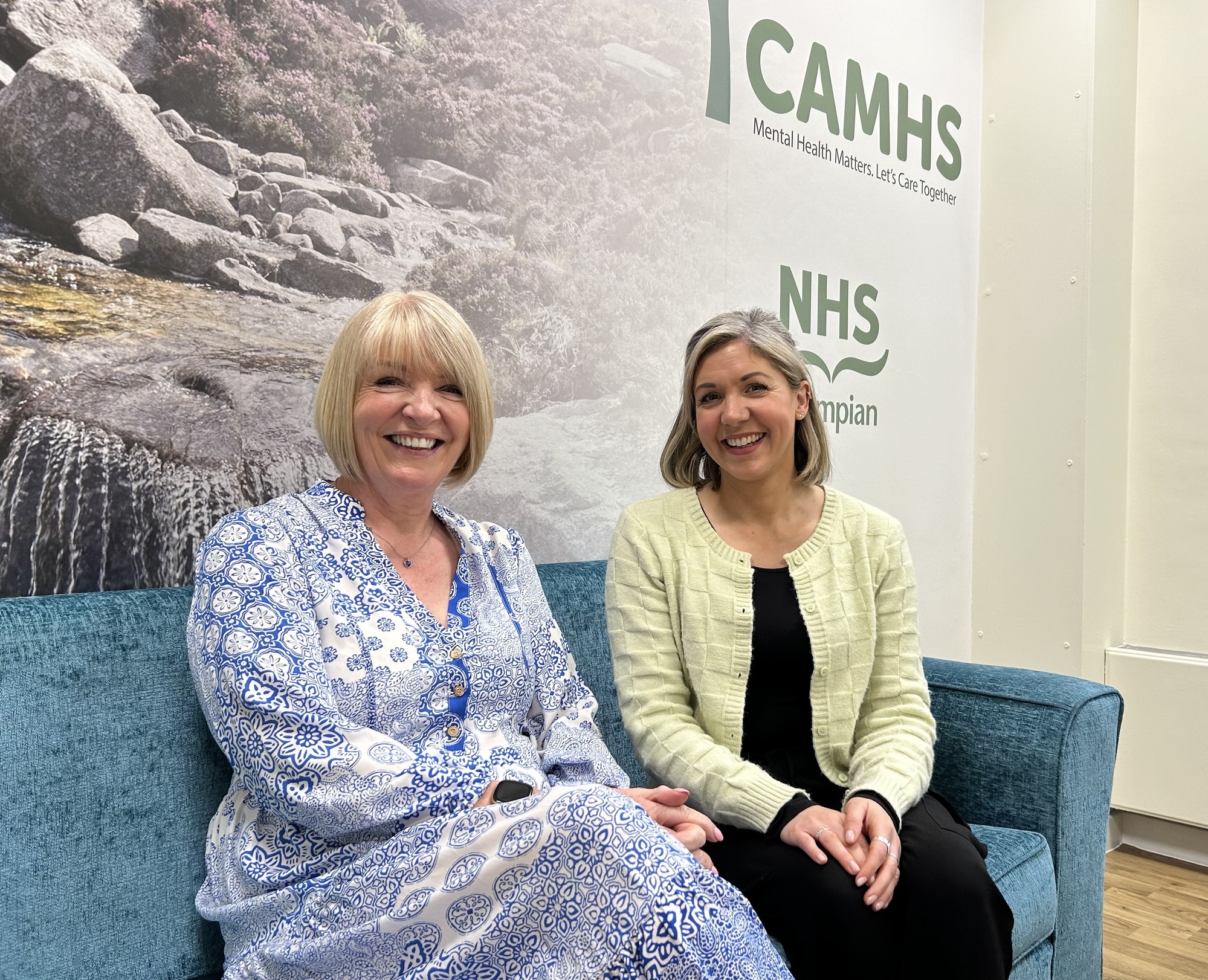NHS Grampian CAMHS team launches programme to help teachers get to grips with ADHD
Published: 18/06/2024 11:04NHS Grampian’s Child and Adolescent Mental Health Service (CAMHS) has launched a new programme to help teachers and school staff better support pupils with ADHD.
The first session of the online training group took place in May, with around 120 teachers taking part from across the region. The initiative is based on a very successful programme which has been open to parents of children and young people with ADHD who are being supported by CAMHS and Child Community Health teams. Facilitated by specialist nurses and psychology clinicians, ‘PINC (Parents In Control) has been running for the last 12 years as part of their children’s treatment pathway. The programme was first created by clinicians in NHS Fife.
Advanced psychology practitioner Malaina Taylor explained: “We have learned a huge amount from running the groups with parents and their feedback is always so positive. Parents can learn from each other too, and we’re hoping that this new programme for teachers will offer similarly strong peer support as well as expert advice.
“Over the years we’ve been asked things by parents like ‘do schools/teachers know this?’ and we realised there was an opportunity to share some of our knowledge and understanding more widely. Colleagues from our local councils responded to the idea with a lot of enthusiasm and we’re really pleased with how well-received the first event was.”
Participant feedback included: “We are already considering this in school and with parents – game changer.”
And: “The course was well designed: giving information on the causes as well as practical understanding of an ADHD person's barriers and then tried and tested suggestions for ways to support them.”

Specialist nurse Fiona Rennie was a paediatric nurse for many years before specialising in managing children with ADHD. She commented: “The evidence we’ve gathered over time shows events for parents to come together make a difference to families. We hope the teachers’ version will have the same impact.
“A lot of it is about developing a common understanding of the difficulties children and young people with ADHD face – why it might make it difficult to sit in a classroom, the science behind the behaviour and why some days might be better than others. Even small things, like movement breaks or allowing a child to fidget, can make a difference. We’re helping people to think about how we can work with a child’s strengths, rather than battling with things they can’t manage.
“It’s also important we come from a place of acceptance and empower kids to be part of conversations about what helps. Children and young people with ADHD often mature emotionally later than their peers but things do get better. In just the same way as you’d offer that wee bit more support if your child needed it with walking or talking, we can help parents and teachers build extra l scaffolding around those who need it.”
A range of resources to support parents, teachers and children and young people learn more about ADHD is available on the NHS Grampian CAMHS webpages: www.nhsgrampian.org/service-hub/child-and-adolescent-mental-health-services-camhs/further-support/aberdeenshire/adhd

